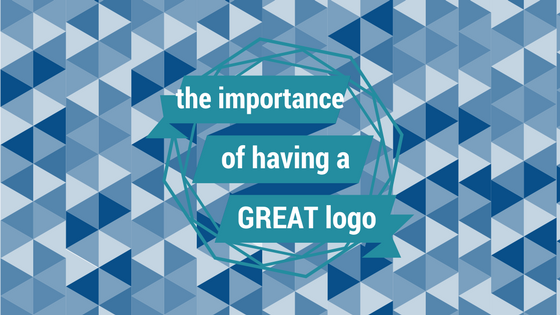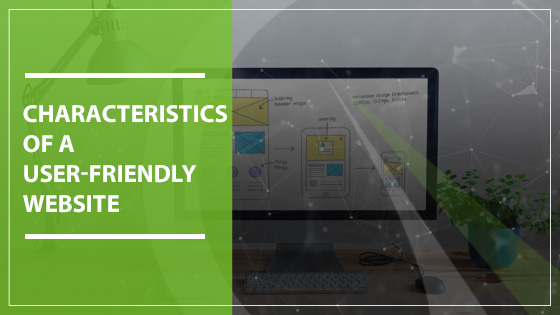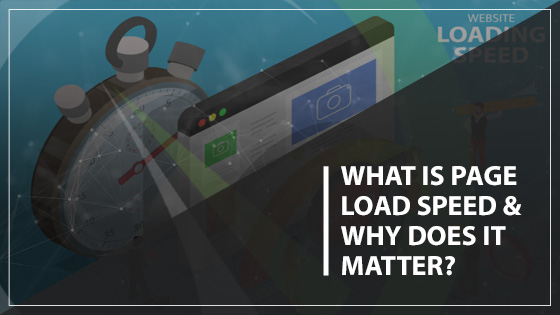
The Importance of Having a Great Logo
Think about your favorite brands and their logos. Some of the most popular and well-respected brands in the world are easily recognized by their logos; the Nike swoosh, the Pepsi globe, Budweiser’s crown, Coca-Cola’s distinctive font—so distinctive that they don’t even have to use it to print the words “Coca-Cola” in order for you to know you’re buying a bottle of Coke.
Games like “Logo Quiz” prove that consumers are more than able to identify a company just by the logo alone. It’s your business’s visual signifier, and whether it’s used just in promotion materials or is branded onto every product that you sell, it’s how your customers or clients know that something belongs to your company. But how does a logo actually influence a customer’s decision to buy or not buy?
Logos Legitimize Your Business
This is fundamental consumer psychology. People want to buy from companies that they can trust, especially when purchasing online or from a company they have never purchased from before. While most people are willing to take a chance on a company they haven’t worked with before in order to get a product or service that they really want or need, there has to be something that establishes the legitimacy of your business.
Of course, plenty of scam businesses have legitimate-looking logos. The point is that a logo makes your business look professional. It shows that time has gone into preparing your brand. It puts your business on the same level of every other established business, with those famous logos that consumers are so used to see and connecting to successful, legitimate businesses. This might sound like a small thing, but people only want to spend their money with companies that they can trust. A logo is the foundation of any company’s branding, making it essential for making your company look as legitimate as it actually is.
Logos Simplify Your Business
Do you know why “unlimited” calling, texting, and data plans are so popular with smartphone users? Because they eliminate the hassle of having to dig through all of the details of the “limited” plans, to find which one is actually right for their level of usage. A logo does the same thing for your business than an unlimited data plan does for a cellphone provider: it simplifies what could otherwise be a complicated concept, so that it’s easy for the consumer to understand and digest.
While not all logos are necessarily directly representative of what a company does, they do, at the very least, embody the spirit or atmosphere of that company. Take Nike’s swoosh for example. Though some have said that the Nike swoosh is representative of a basketball’s bounce, what it really indicates is movement and speed—two things that any athlete wants. This simple little logo communicates everything a potential customer needs to know about Nike, before they read anything about the company. It condenses the company’s message, so that the consumer can make an immediate decision about whether or not they want to do business with that company.
This is exactly what a logo can do for your company. It acts as a bite-sized, easily digestible representation of your business. Though consumers want to be informed about the companies they work with, they also do not have the time or sometimes the attention span to do extensive research about a business. They want simple, clear messages—and that’s what a logo is.
Logos Promote a Lasting and Unique Identity
If a logo is distinctive and used consistently throughout the promotional, packaging, and communications of a company, it can be the driving force behind establishing a unique brand identity. In today’s economy, it’s vital that you find a way to first, stand out, and second, keep your brand in the mind of consumers. Even more so than a brand name, a logo (even if it contains the brand name, as many do), can stick in the mind of consumers and set your company apart from all the other companies whose marketing messages consumers are bombarded with on a daily basis.
Consumers are much more likely to remember how something looked—an image—rather than the exact words that were used. A logo is far easier to recognize than even a slogan, which makes it the best way to make an impression on your target audience. People are more inclined to act when your company has a strong and distinct brand, which, again, are the main purposes for having a logo.
A great logo can make all the difference when it comes to influencing consumers to make a purchase or take action. It’s a fundamental piece of your brand’s identity, a signifier that makes your company recognizable, lends an air of legitimacy, and encapsulates your brand’s message, so that the viewer can quickly and easily (which are really the two things consumers want: speed and ease) make a decision about your company.
It should be emphasized that while a great logo can make a difference in influencing consumers, a poor logo can turn potential consumers away from your business. When you are choosing a logo, you should carefully consider the impact that your logo will generate. If you have any concerns about whether or not your logo is up to par, there are companies that will review your logo and could even help you create one that properly reflects your business’ image.







